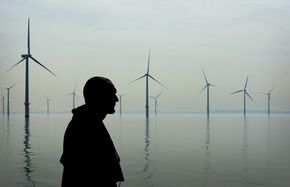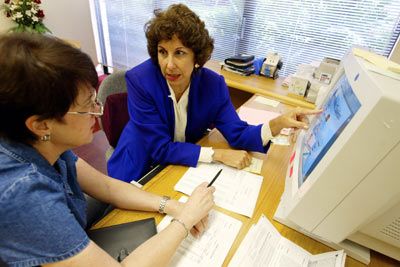Alternative energy is a popular topic these days. Oil prices are rising; reserves of oil, coal and natural gas are being depleted; and the continued use of nonrenewable fuels poses threats to the environment. Many politicians, business leaders and environmentalists have recently encouraged the development of alternative energy resources.
Some have responded to these calls by making large investments in alternative energy companies. Billionaire Bill Gates, the chairman of Microsoft, purchased a large share in an ethanol producing company (Pacific Ethanol) in 2006 through his investment company, Cascade Investments.
Advertisement
Other deep-pocketed investors have also entered the arena. Entrepreneur Richard Branson, the head of Virgin Group, announced in 2006 that his company would invest about $1 billion on alternative energy projects over the next four years. According to Branson, "the money is going into a whole series of different things like building ethanol plants. We're looking into wind power. We're looking into solar. And we're also actually working on developing a new kind of fuel" [Source: Hawn].
Investment in alternative energy is a worldwide phenomenon. According to a United Nations report, investment into renewable energy companies climbed to a record $100 billion in 2006. Although renewable sources of energy account for only about 2 percent of the world's energy, 18 percent of the money invested in power generation is currently going into renewable power technologies such as wind, solar and bio-fuels [Source: United Nations Environment Programme].
Are you considering an investment in alternative energy? If so, you have several choices. In this article, we'll explore one of those options -- owning shares in a mutual fund that invests money in an assortment of alternative energy companies.
Advertisement



